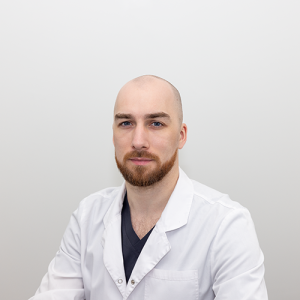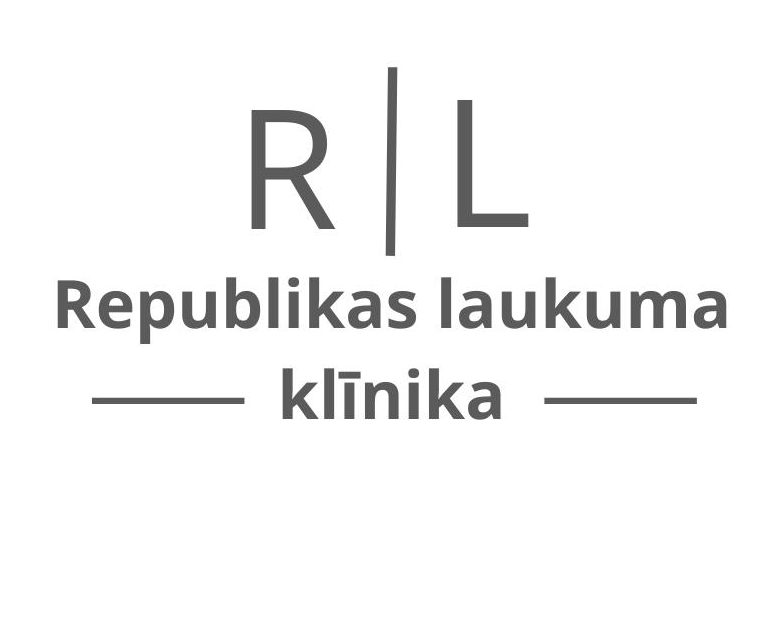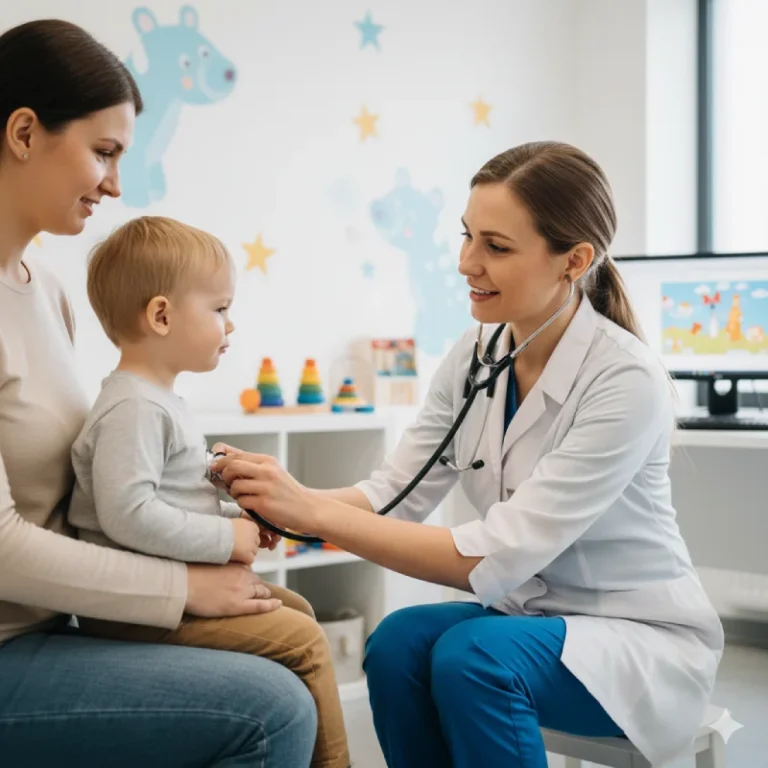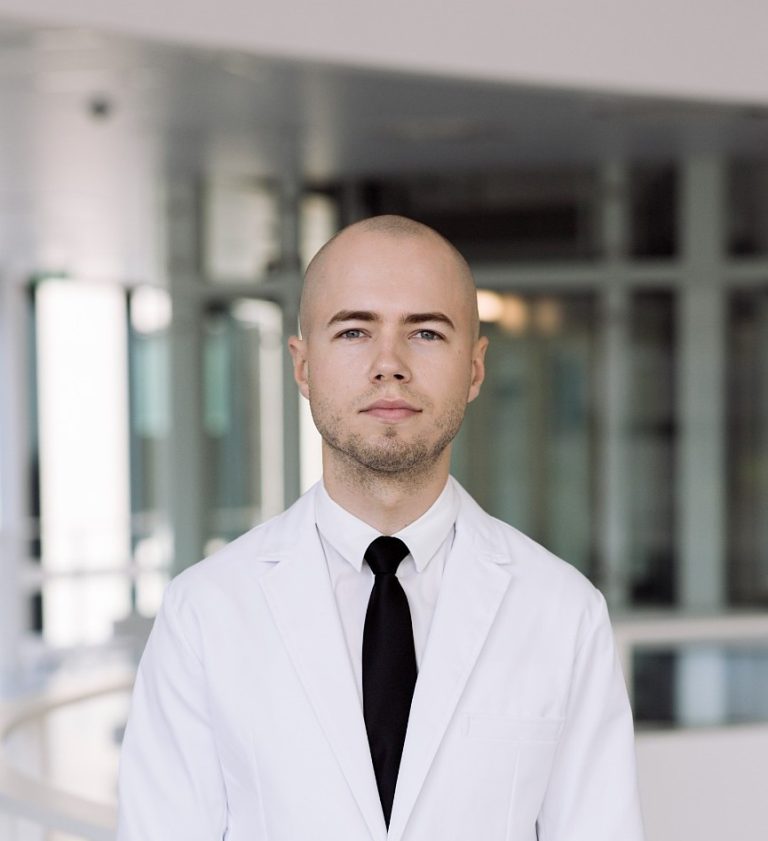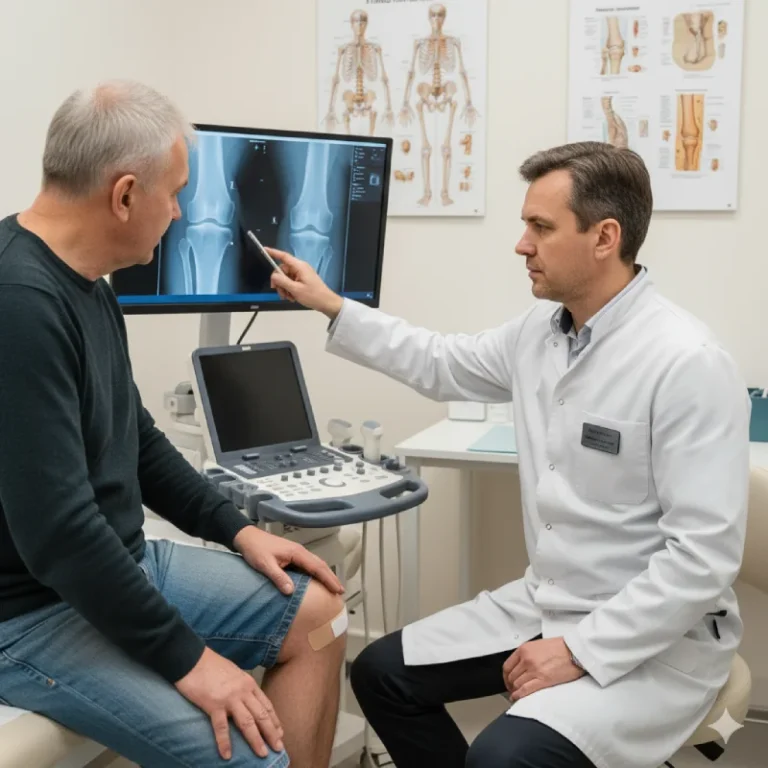Vaccination – why it matters and how it protects us all
“Do I really need a vaccine?” – I have heard this question countless times in my practice. And every time, the answer has been: yes, if you want to protect yourself and your loved ones from serious diseases. In this article, I will explain what vaccination is, how it works, which vaccines are available, and why they are so essential for our health. I will also share real examples from my experience to make this topic more understandable.
What is vaccination?
Vaccination is a process in which our body is prepared to fight against specific infections. A vaccine contains a weakened or inactivated disease-causing agent or its fragments, which activate the immune system, teaching it to recognize and neutralize the infection if it ever enters the body.
The importance of vaccination in public health
Vaccination is not just an individual choice – it is a cornerstone of public health. When enough people are vaccinated, the spread of disease decreases, creating herd immunity. This is especially important for those who cannot be vaccinated for health reasons – such as infants or people with weakened immune systems.
How do vaccines work?
Simply put – a vaccine is like training for the immune system. It “teaches” the body to recognize a particular disease so that, when it appears, the immune system can respond quickly and effectively. It is like firefighters who already know where the hydrants are and how to act when a fire breaks out.
Types of vaccinations available at the clinic
Flu vaccination
The flu vaccine is one of the most common seasonal vaccines. Since the flu virus changes every year, the vaccine is adapted to the latest strains. I have seen how people who get vaccinated regularly avoid severe complications, while others end up in the hospital with pneumonia.
COVID-19 vaccination
The COVID-19 vaccine was a huge step in protecting public health. During the pandemic, vaccination helped reduce severe cases and deaths. I have worked with patients who, thanks to the vaccine, experienced only a mild form of the disease, while unvaccinated patients struggled with complications.
Childhood vaccination
For children, it is particularly important to follow the national vaccination schedule in Latvia, which includes vaccines against diphtheria, tetanus, pertussis, polio, measles, rubella, and other diseases. Regular vaccination in childhood lays the foundation for lifelong health.
Travel vaccination
If you plan to travel to exotic countries, it is crucial to check which vaccines are required. For example, tick-borne encephalitis vaccination is highly recommended when traveling to the Latvian countryside or forests, where ticks are active. I have seen patients with encephalitis, and it is not easy – better to vaccinate in time.
How to book a vaccination appointment?
Online booking
At “Republikas laukuma klīnika” we offer convenient online booking, where you can choose the consultation time and doctor. It only takes a few minutes.
Vaccination schedule
The vaccination schedule is adjusted individually, taking into account age, health condition, and travel plans. We help you understand when and which vaccines are necessary.
Frequently Asked Questions
Are vaccines safe?
Yes, vaccines are thoroughly tested before reaching patients. They are developed according to international guidelines and are continuously monitored.
What are the side effects?
Most side effects are mild – slight fever, pain at the injection site, or fatigue. Severe reactions are very rare, and we are always ready to assist if needed.
Is vaccination mandatory?
In Latvia, some vaccinations are mandatory for children, such as measles and polio. For adults, vaccination is voluntary but highly recommended.
Expert recommendations
Doctors’ opinions on vaccination
Vaccination is one of the most effective ways to protect health. I have seen how vaccines save lives and how skipping them can lead to severe consequences.
Myths and facts about vaccines
- Myth: Vaccines cause disease.
Fact: Vaccines help prevent disease. - Myth: It is better to get sick naturally.
Fact: Some diseases can be deadly – for example, encephalitis or measles.
Useful resources
Vaccination is not just an injection – it is an investment in health. If you want to protect yourself, your family, and society – vaccinate.
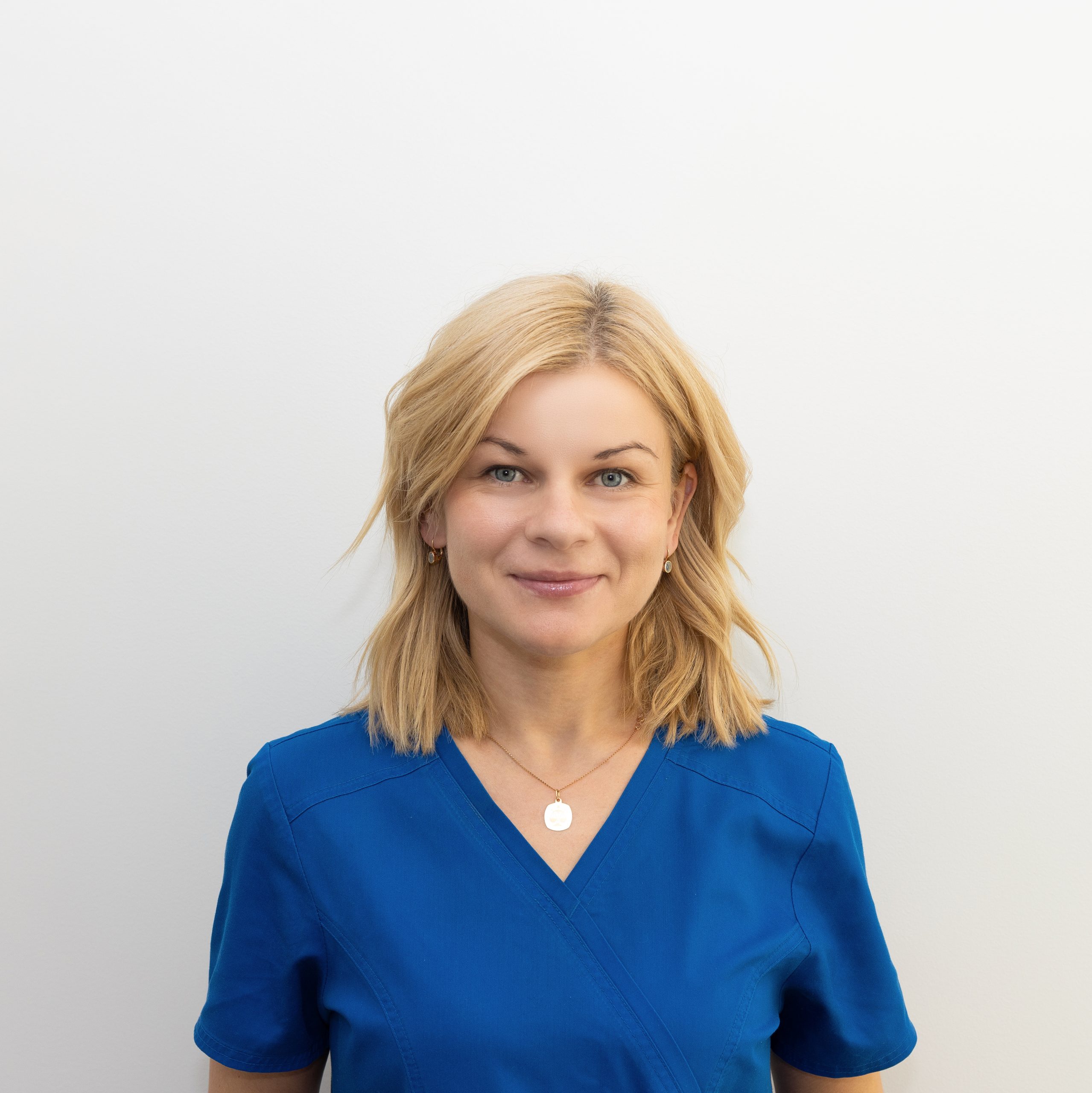
Dr. Jeļena Liepa
